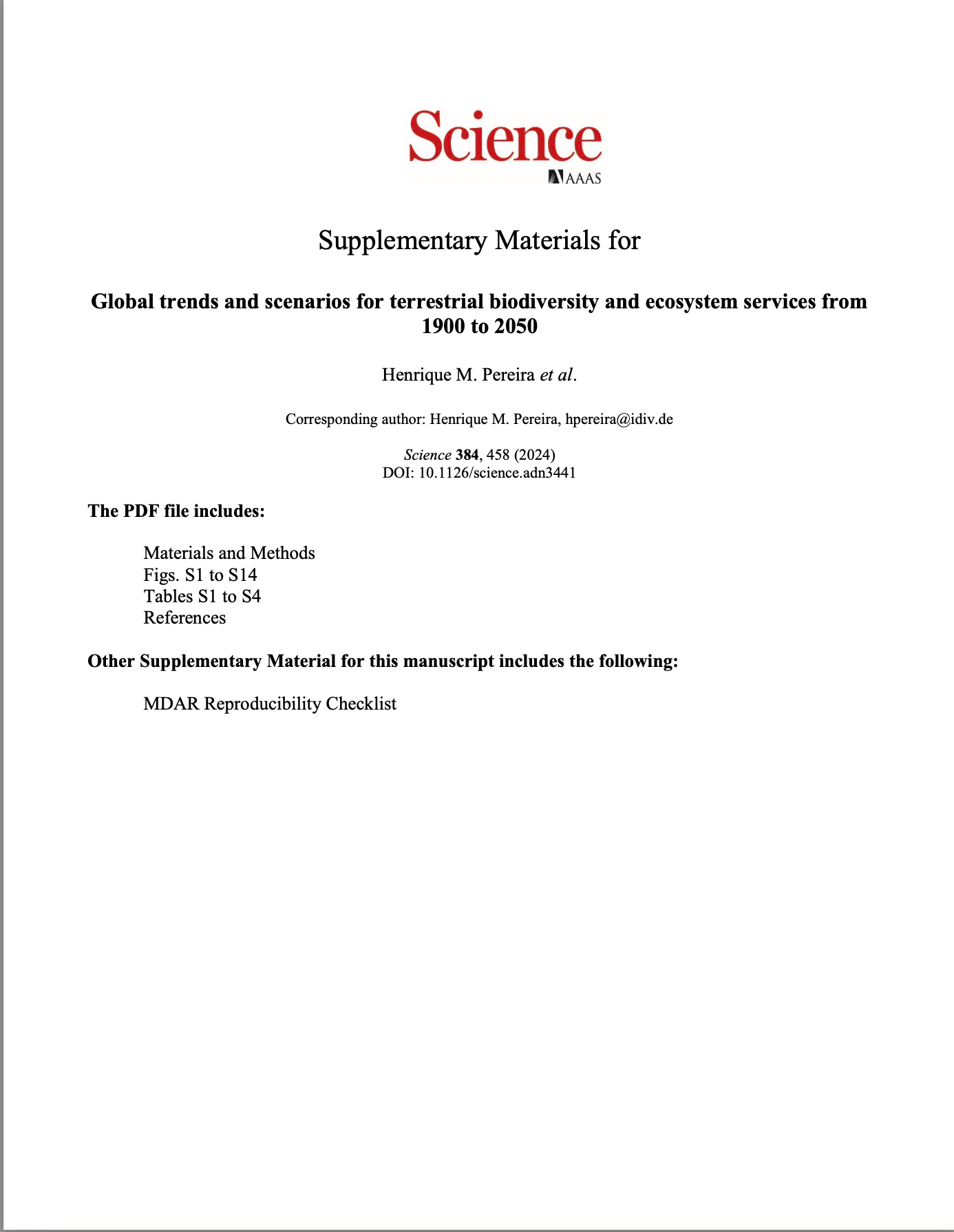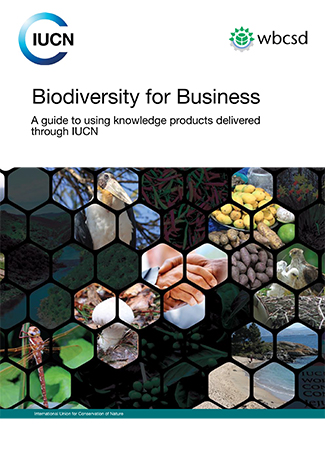ESRS and nature. What will the reporting standards require?
Detalles
| In recent times we have been experiencing great progress in the European Union in terms of reporting non-financial information of companies. Under the scope of the new CSRD (Corporate Sustainability Reporting Directive), the ESRS (European Sustainability Reporting Standards) standards have been born. The directive came into force in January 2023, establishing that reports should be made based on common standards (ESRS). These were developed by EFRAG (European Financial Reporting Advisory Group) and finally adopted by the European Commission on July 31, 2023. At the time of publication of this report, they are under scrutiny by the European Parliament and the Council, which could reject but not amend them 3 . Once this phase has been completed, they will be published in the Official Journal and will enter into force. Nature is very present in the ESRS, and in fact the five environmental standards have some more or less direct link with it. This report focuses on analysing the three that are most closely related to it: ESRS E2 (pollution), ESRS E3 (water and marine resources) and ESRS E4 (biodiversity and ecosystems). |
Recursos relacionados

Global trends and scenarios for terrestrial biodiversity and ecosystem services from 1900 to 2050
Based on a broad intercomparison of models, the authors of this publication assess trends in biodiversity and ecosystem services from…



